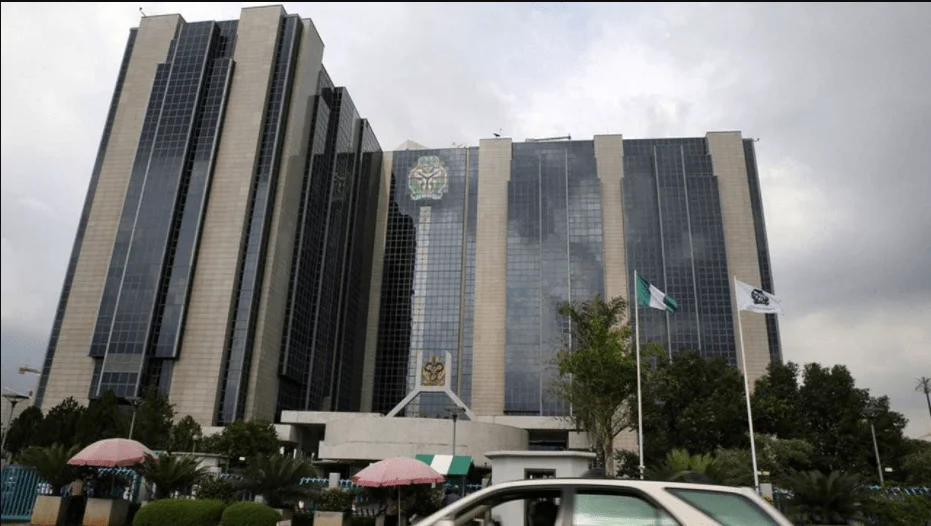The planned central bank digital currency, according to the CBN, will have parity of value and will operate as a non-interest-bearing CBDC (Central Bank Digital Currency).

The Central Bank of Nigeria (CBN) has announced preliminary instructions for its proposed eNaira digital currency, which is expected to be launched later this year.
The Central Bank of Nigeria (CBN) described numerous design aspects of the central bank digital currency in a sensitization document distributed to commercial banks in the country (CBDC).
Cointelegraph obtained a copy of a paper indicating that Nigeria’s CBDC is codenamed “Project Giant” and that it will be pegged to the value of the Nigerian naira.
As a result, the eNaira will provide parity of value, but it will not be a currency that pays interest. The eNaira will coexist with the country’s fiat currency, with the Central Bank of Nigeria (CBN) in charge of issuing, distributing, and redeeming the digital currency, as well as other monitoring and administration responsibilities.
Nigeria’s CBDC will operate under a tiered Anti-Money Laundering and Know Your Customer (AML/KYC) framework, with varied transaction limits, according to the paper that served as the basis for the sensitization.
According to reports, unbanked citizens would be included at the bottom of the AML/KYC pyramid, and they will be required to disclose their national identity-linked phone numbers for verification purposes. Users in this group will have a daily transaction restriction of 50,000 naira (about $120) imposed on them.
According to the amount of AML/KYC steps performed, citizens who have bank accounts can fall into the second and third levels of classification. The daily limitations for these two levels will be 200,000 naira ($487) and one million naira ($2,438), respectively.
The physical AML/KYC verification process will most likely be required for Tier Three users in addition to the bank verification number requirements that are already in place for Tier Two customers.
Users who are classed as merchants will be subject to the same 1 million-naira limit as tier three users, but they will have no restrictions on the amount of money they can send to their bank accounts from their accounts.
Indeed, the Central Bank of Nigeria (CBN) intends to facilitate smooth transfers between eNaira wallets and bank accounts by eliminating transaction fees for a variety of operations.
With complaints about the onerous transaction charges associated with mobile and digital banking in the country, the zero-fee framework is expected to be used to encourage the adoption of digital currency in the country.
It also included possible process flows for international money transfer operators (IMTOs) as well as a proposal for an eNaira, which indicated the central bank’s intention to incorporate the digital currency into its foreign exchange control policies in the future.
To begin with, the CBN is proposing that the central bank provide collateralized eNaira credit to IMTOs through its banking partners in the country (option one). Although a second alternative might see the Central Bank of Nigeria pre-funding IMTO accounts, this strategy could be fraught with severe exchange fluctuation risks.
Third, the Central Bank of Nigeria (CBN) will allow the eNaira to operate inside the present FX architecture, with foreign remittances being paid out in the Central Bank of Nigeria by the beneficiary in Nigeria.
According to a recent report by Cointelegraph, the Central Bank of Nigeria (CBN) wants to pilot the eNaira initiative in October. As recently as June, the country’s communications minister stated that the government’s attempts to promote blockchain adoption are a vital aspect of the country’s digital innovation strategy.
Ghana, Nigeria’s West African neighbor, is also making major gains with its own CBDC project, which is currently in the planning stages.
